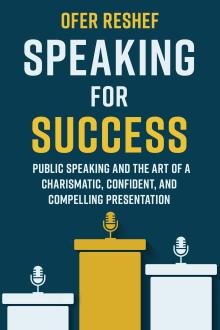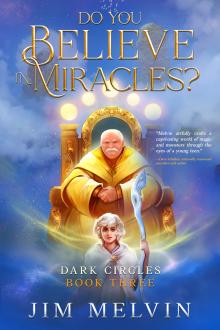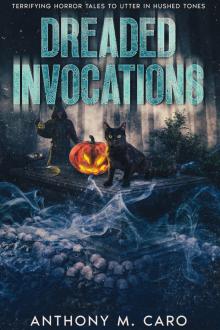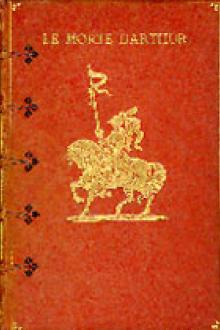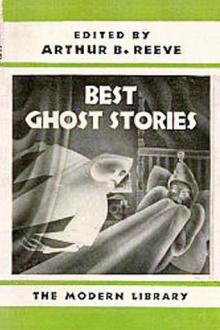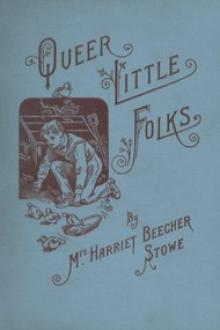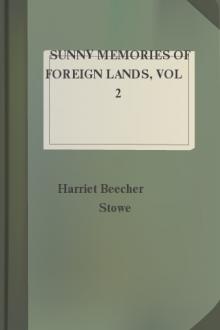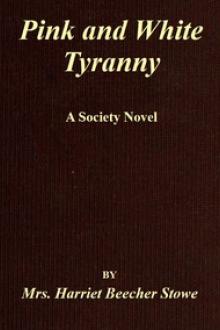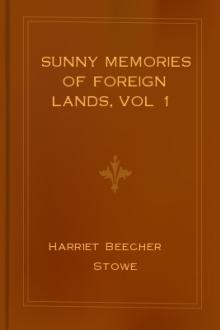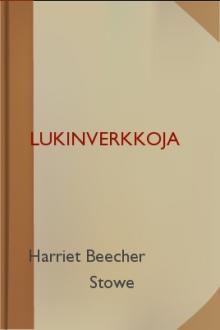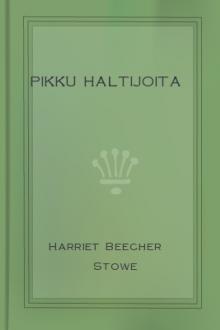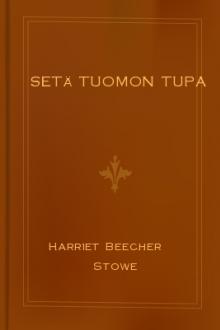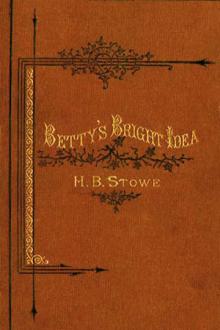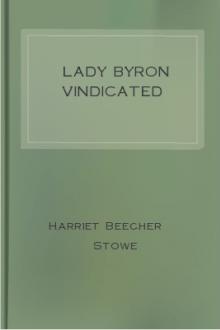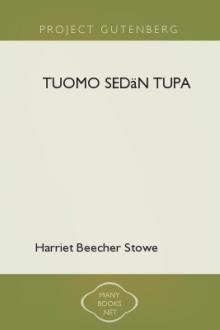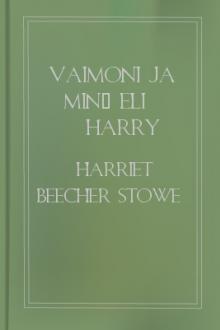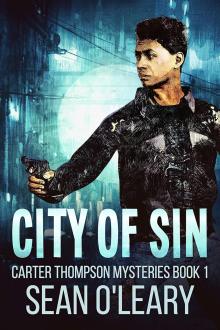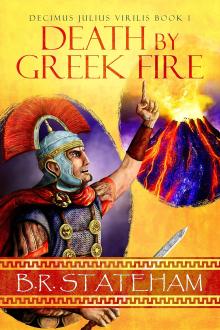Uncle Tom's Cabin
Uncle Tom's Cabin
The story focuses on the tale of Uncle Tom, a long-suffering black slave, the central character around whose life the other characters--both fellow slaves and slave owners--revolve. The novel dramatizes the harsh reality of slavery while also showing that Christian love and faith can overcome even something as evil as enslavement of fellow human beings.
Book Excerpt
cked their nuts for a season, "what do you say?"
"I'll think the matter over, and talk with my wife," said Mr. Shelby. "Meantime, Haley, if you want the matter carried on in the quiet way you speak of, you'd best not let your business in this neighborhood be known. It will get out among my boys, and it will not be a particularly quiet business getting away any of my fellows, if they know it, I'll promise you."
"O! certainly, by all means, mum! of course. But I'll tell you. I'm in a devil of a hurry, and shall want to know, as soon as possible, what I may depend on," said he, rising and putting on his overcoat.
"Well, call up this evening, between six and seven, and you shall have my answer," said Mr. Shelby, and the trader bowed himself out of the apartment.
"I'd like to have been able to kick the fellow down the steps," said he to himself, as he saw the door fairly closed, "with his impudent assurance; but he knows how much he has me at advantage. If anybody had ever said to me th
FREE EBOOKS AND DEALS
(view all)Popular books in Travel, Fiction and Literature
Readers reviews
4.9
LoginSign up
I'm happy to read Dinah's comments, where she points out the principled and deeply courageous response of the character Uncle Tom to the conditions of slavery. The common understanding of the term "an Uncle Tom" is a complete perversion of the novel's portrayal. Tom is principled, he holds his Christian principles dear, and he refuses to abandon them and conform to Legree's demands that he be sadistic and exploitative, like Legree. He refuses, and Legree's fury at his refusal confirms the victory -- and demonstrates the books' central conflict -- of Tom's principles over those of Legree. In truth, Legree is the slave (to his baser nature) and Tom is the free man who follows his own path no matter the cost in comfort and safety. How many of us can claim the same victory in our own lives?
- Upvote (0)
- Downvote (0)
I just finished reading this book and it was amazing! Sad, but awesome. : D
02/02/2013
La lectura de este libro debería ser obligatoria. Por que le permite al lector conocer sobre la realidad histórica que se vivió en esa época.
Es demasiado realista y sentimental a la vez donde se pone a prueba el sentimiento del amor, la fe y la esperanza en un futuro diferente. para vivir mejor.
Donde nos enseña a perdonar.
Es demasiado realista y sentimental a la vez donde se pone a prueba el sentimiento del amor, la fe y la esperanza en un futuro diferente. para vivir mejor.
Donde nos enseña a perdonar.
09/03/2011
i read this book at my 13. and till at my middle age i think if i would rite such a book.
i literally cried after reading the book.
great book
i literally cried after reading the book.
great book
07/22/2011
Mr. Thomas you should read the book "The Promised Land"; the stereotypes already existed, Stowe just documented them. With her we may not actually know where they originated. I will say though, I didn't realize what Jim Crow was until this book and who Tom was until this book either.
09/09/2010
While this book probably inadvertently created a lot of the stereotypes of black people and southern whites, it also preserves the ideology of the era. It is always enjoyable to explore our history through the eyes of an contemporary observer. Certainly a worthwhile read for anyone at any age.
08/13/2010
I agree with Dinah's review. This book surprised me. I was expecting it to be maudlin and melodramatic, but for the most part it wasn't. It portrayed things about slavery (i.e. male slave owners sexually using female slaves) that wasn't publicly talked about at that time. The characters were well written, and the plot was fast-paced. The author made you feel what the slaves were going through, and showed that everyone - North and South - in American played a part in allowing slavery to continue. Alot of the author's rebuke was to her fellow Christians, who should've been doing more to stop slavery. (That's why she gets "preachy" in the plot.) I can see why this novel was so instrumental in bringing about slavery's demise. Recommended.
10/22/2009
I read this book as a teenager, and wanted to revisit it. I loved it once again, and understood so much more about the book and it's message. I remember crying when I read it the first time. The book has always been looked at as causing the beginnings of awareness of the wrongs of slavery. Something I realized as I read the book, is that in today's times, I've heard blacks call other blacks "uncle Toms" when they think they are bowing down to whites. However, if they've ever read this book, I don't think they would look at Uncle Tom as a submissive doormat. He was brave, longsuffering, and very strong in his beliefs, even when put through some mental and physical trials. He always upheld what he believed in. How many of us could do the same? I think he would be a great example to all of us, even today. The book is a wonderful look into life in America's early history. There are some redeeming characters - black and white, in the book, that make this a very good read - and a classic. Ms. Stowe does tend to get a bit preachy in various passages, but we must remember the time period this was written. And....maybe we all need to be preached to sometimes anyway! All in all, I enjoyed it just as much the second time around.
03/14/2008
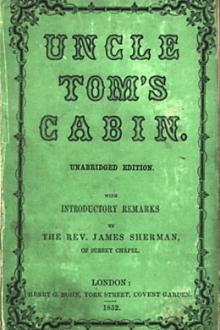
 Free Download
Free Download
